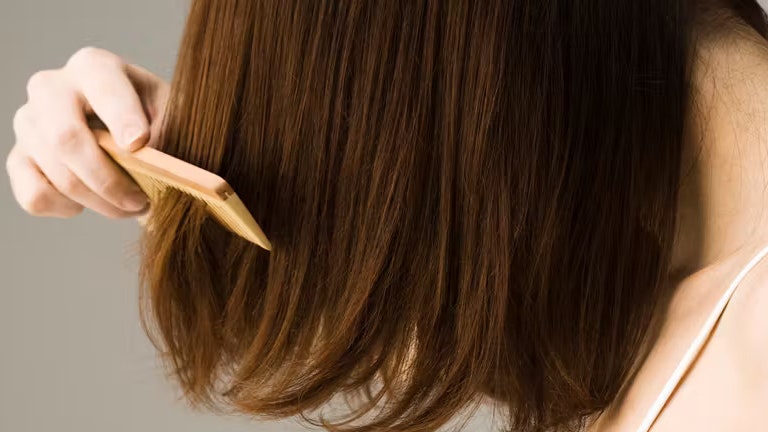Saw Palmetto, a natural blocker of dihydrotestosterone, is considered effective in combating hair loss. It is recommended to discuss the pros and cons with a healthcare provider before starting any supplement regimen. Ashwagandha, an antioxidant known for its stress-relieving properties, has been shown to support hair growth and reduce breakage. Tocotrienol has been found to increase hair density, while curcumin is known to reduce dihydrotestosterone levels, which are linked to hair loss. Collagen supplements may promote hair growth, strength, and have positive effects on skin and nails, although more research is needed to confirm its effectiveness. Biotin, once hailed as the best hair growth vitamin, has fallen out of favor due to lack of data, but is generally safe to consume in moderation.
According to experts like Dr. Alisa Vitti, taking supplements to replenish micronutrient levels can be beneficial for those experiencing depleted levels due to factors like caffeine intake, medication use, stress, dieting, and exercise routines. Different formulations tailored to different genders, ages, and other factors are ideal, and caution should be exercised for those who are trying to conceive or are pregnant. Vitamin deficiencies, particularly in vitamins D and B, are commonly observed in cases of hair loss, as they are essential for hair growth. It is also important to check blood counts for anemia and thyroid function, among other labs, to ensure overall health and well-being.
Dr. Jennifer Gordon emphasizes the importance of sourcing botanicals from reputable sources due to limited studies on their efficacy and potential side effects. While many botanicals target dihydrotestosterone, which may lead to low testosterone side effects, such occurrences are generally rare. High levels of biotin intake can lead to acne and should be discontinued before certain blood tests to avoid interference with lab results. Iron supplements may cause constipation, and collagen supplements may induce gastrointestinal upset in some individuals.
Dr. Hardik Doshi is a double board-certified plastic surgeon and lead surgeon for hair restoration at Ample, emphasizing the importance of consulting with a healthcare provider before starting any supplement regimen. Dr. Jennifer Gordon is a board-certified dermatologist at Westlake Dermatology, who highlights the importance of vitamin D and B deficiencies in cases of hair loss. Alisa Vitti, a functional nutrition and women’s hormone expert, founder of modern hormone health care company FLO Living, stresses the benefits of supplementing to replenish depleted micronutrient levels. Overall, taking supplements can be beneficial for those experiencing depleted levels, but caution should be exercised in selecting the right formulations and avoiding specific ingredients during pregnancy or when trying to conceive. It is important to monitor for potential side effects, particularly related to excessive intake of certain vitamins or minerals.













